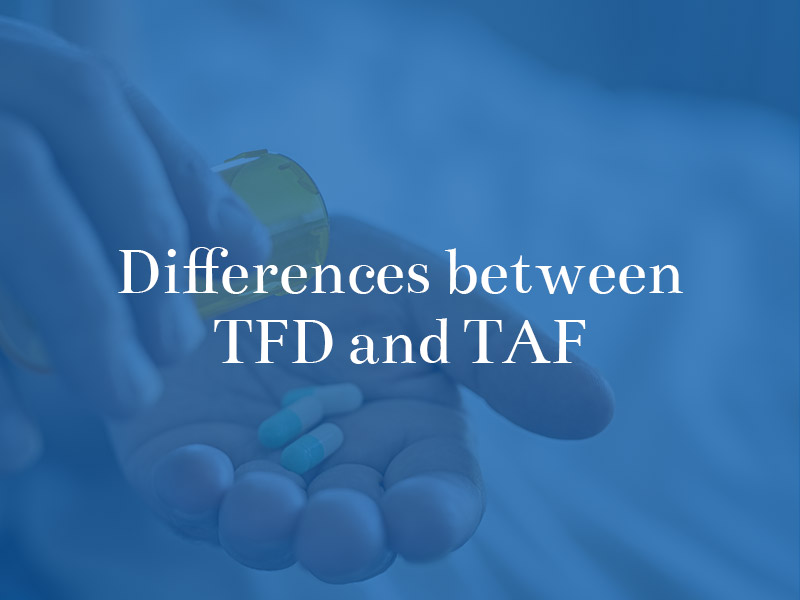A Voice for the Voiceless
The Dunken Law Firm is committed to helping each client find their voice and recover what has been lost.
START MY FREE CONSULTATIONDecember 22, 2019 | Firm News,Mass Torts
Tenofovir disoproxil fumarate (TDF) is an antiretroviral (ARV) medication approved in 2001 to prevent and treat HIV, and in 2008 to treat chronic hepatitis B. Tenofovir alafenamide (TAF) is a new and improved formulation of tenofovir, approved in 2015. Although TDF is the most commonly prescribed ARV, it presents several safety concerns.

TDF, tenofovir disoproxil fumarate, is a drug used to help individuals treat, and prevent or reduce the chances of contracting HIV. When used as a preventative method, doctors refer to it as pre-exposure prophylaxis or PrEP. It is also used as treatment for hepatitis B infections. The drug works by blocking the pathways that viruses use to spread infection. HIV, for example, attacks the immune cells that help your body fight infections. Therefore, TDF can possibly prevent that from occurring or slow the spread of the disease, if the medication is already in the bloodstream. TDF is marketed under the names Truvada, Atripla, Complera, Stribild, and Viread by a manufacturer named Gilead Sciences.
Tenofovir alafenamide (TAF), is being tested as a replacement for TDF. It is a pro-drug that can be absorbed quicker than TDF and can be prescribed in smaller doses, as higher levels of the active drug, tenofovir diphosphate, is seen in the cells. This is the major difference compared to TDF, in that smaller doses means that vital bodily organs, such as the kidneys and bones, are exposed to lower levels of the drug. As a result, the possibility of harmful side effects is reduced. However, results from a meta-analysis published in the Journal of Virus Eradication state that this is only the case when used in an antiretroviral therapy regimen containing a boosting agent. TAF drugs currently on the market go under the names Genvoya, Odefsey, and Descovy.
The published data on TDF use indicates potential side effects of dizziness, nausea, or diarrhea. However, as early as 2001, many patients also began reporting lower bone density, liver problems, or kidney failure after taking the ARV medication. Many people now believe that Gilead may have been complicit in not disclosing these serious potential consequences of TDF use and kept the dangerous product on the market, despite the availability of safer TAF alternatives. The manufacturer is now facing numerous lawsuits by patients who have suffered severe side effects, for failing to inform the public on the dangers of TDF and continuing to sell the drug despite developing an alternative drug that is safer and stronger.
Gilead is facing litigation for the following types of TDF medications:
To further discuss a potential lawsuit related to a TDF medication, contact the mass tort litigation attorneys from the Dunken Law Firm. We have over two decades of experience holding large companies responsible for their dangerous products. Schedule a free consultation today, we are available online or by calling (713) 554-6780.